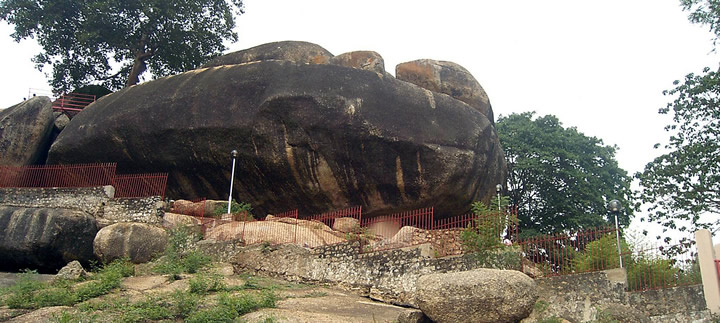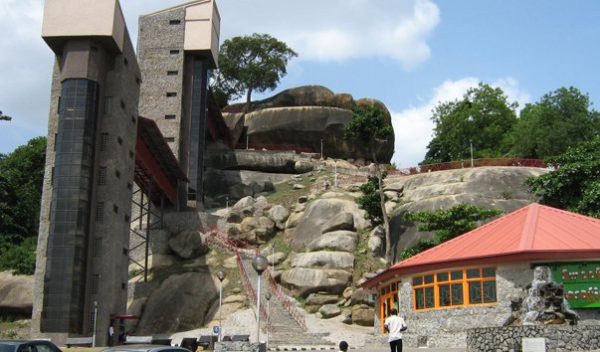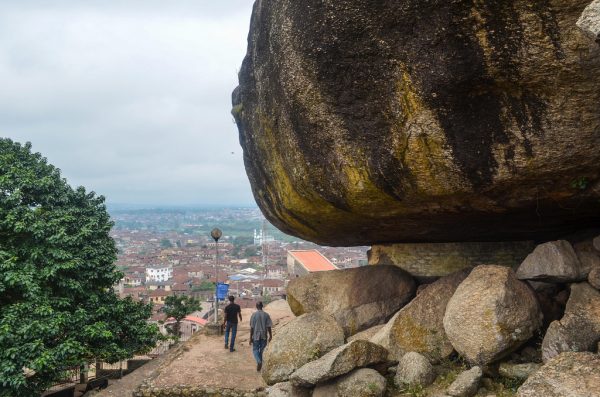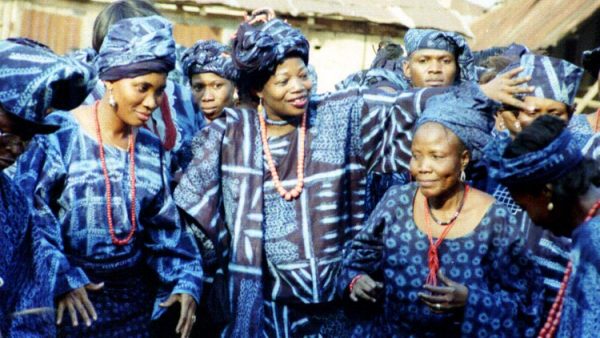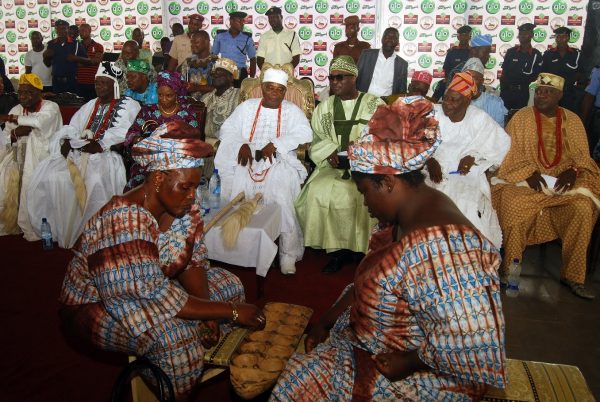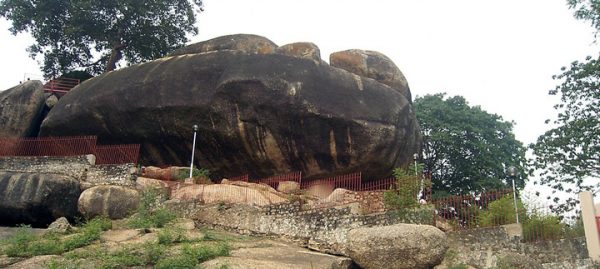We are quite familiar with terms of cities built on hills or rocks. However, here is Abeokuta, renowned for the rocky landscape of its environments. The name Abeokuta literary translates into “under the rock” and the rocks provided refuge for the people of the town during times of war and slave hunting from towns like Dahomey and Ibadan.
This town of hospitable people and numerous festivities has outpaced its ancient and historic past, reflected by the corrugated roofs of homes, and has evolved over the years to become a burgeoning city in politics, tourism, and economy. It is now a choice destination for those who seek enthralling adventures.
Abeokuta is the capital of Ogun State and borders the commercial city of Lagos. The Egbas make the major ethnic group and their leader is known as the Alake of Egbaland. The incumbent Alake is HRH Oba Adedotun Gbadebo III and he ascended the throne in August 2005.
TOP THREE SITES
- The Olumo Rock
The Olumo Rock is undisputedly one of the most popular tourist destinations in Nigeria, serving as a nice spot for tourists, picnickers and those on a honeymoon. The popularity of Olumo Rock was boosted when it got a deserved facelift from the Ogun State government over two decades ago. In times past, this rock, measuring 137 metres above sea level, served as a safe haven for those fleeing from inter-tribal wars. It also offered Egba warriors a vantage position to watch their aggressors, granting them of victory in every battle. There are several man-made steps for convenience, to climb to get to the top. The view is overwhelming, giving one a panoramic view of the town of Abeokuta. - Itoku Market
The origin of the popular adire fabric can be traced to the town of Itoku. It is few metres away from the Olumo rock. For artists and tourists interested in learning the art of adire-making, the Itoku market must be on their itinerary. The craft has been handed down from one generation to another and the people have been careful not to let it go moribund. Today, adire enthusiast use this attire to make bags, shoes, earrings, pouch and other handcrafts. Other souvenirs you can buy at the market are local beads, sculptures, musical instruments and bracelets. - Lisabi Festival
Around the 18th century, Lisabi, the famous local warrior, led the emancipation of Egba people from oppressing neighbours. The Lisabi festival is an annual celebration to commemorate his efforts. The festival is a notable one and also partners with Globacom in organizing competitions. It is heralded by the booming of dane-guns on Olumo Rock by local hunters. The festival features music, seminars, horse riding, masquerade parades, and quiz, dance and football competitions among the four divisions of Egbaland namely Owu, Ake, Oke-Ona, and Gbagura. In between, gifts are offered to the king by the people.
Plan on visiting?
Abeokuta has an impressive collection of hotels that range from relatively expensive to affordable. Some include Green Legacy Hotel, Park Inn by Radisson, Quarry Imperial Hotels Limited, Daktad suites and Paris Estate Palace Hotel. Hotels are also available for booking on sites like Jovago.com.
Relaxation spots include cinemas at Olusegun Obasanjo Cinema House at Oke-Mosan or Capricorn Cinema at the Cultural Centre in Kuto, and restaurants like Mama Cass Restaurant, Maryland Restaurant, Predave Restaurant, Right Choice Restaurant and Iwe Iroyin Food Canteen.
For shopping, check out FCE Osiele Shopping mall, Alhaji Ayeni Shopping Complex, Saraki Shopping complex, Molade shop, Divine Supermarket, and Ayoola DPM variety stores.
Did you know?
The Federal University of Agriculture, Abeokuta (FUNAAB) was a former campus of the University of Lagos. The campus was opened in 1984 to focus on science, agriculture, and technology and became a degree awarding institution the following year.

